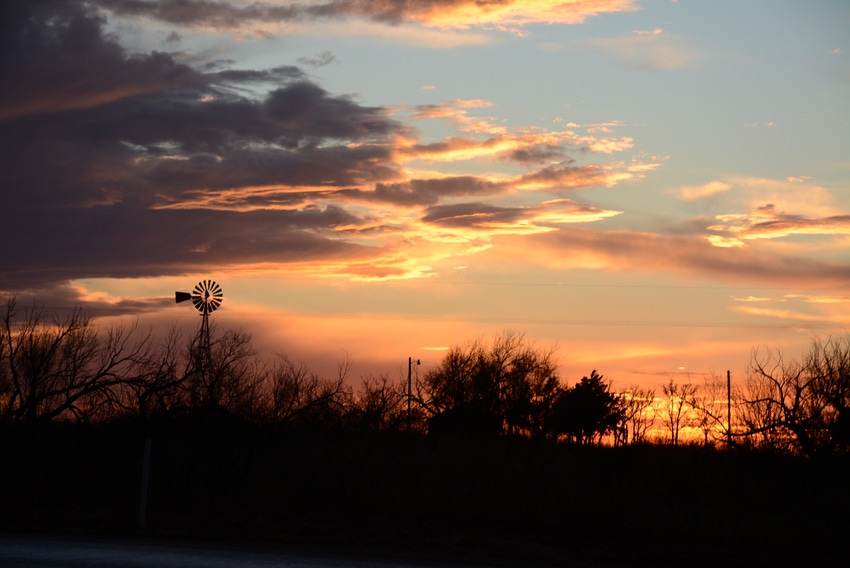
We hear the message repeatedly that we as agriculturists have got to tell our story. At the 30th annual Texas Plant Protection Association meeting, keynote speaker and Heartland Institute Science Director Dr. Jay Lehr challenged the crowd to talk at least two hours a month to people not in agriculture about what we do in ag. With 2 million people in production agriculture, he says, if we all committed to that goal, we as an industry would make real strides.
He would revisit this concept several times throughout his Mega-Trends in Agriculture presentation. He commented that we don't talk to anybody about agriculture except ourselves. He gave the example that if you live in a farm community, which he does in central Ohio, the farmer's congregate at the local cafe early in the morning and they talk to each other. If you were to listen in on their conversation, he says, they talk about fascinating things. But the downside to that scenario is that they — we — are not telling people outside of agriculture about those ideas.
Lehr uses opportunities like elevator rides to strike up conversations. If ever he is ever going up at least eight floors, he says, the stranger in the elevator is going to get a half-minute tutorial on U.S. agriculture. He often purposely wears ties with tractors or something about agriculture on them to initiate conversation, which he in turn, uses as an open door to tell our story.
The power of a testimony. Think about it: How many decisions do we make, and how much more are we drawn to something, to understand something, if we hear it from someone who has, or is, experiencing it? The power of the spoken or tweeted word, is undeniable — we’ve got to tell our story.
Along those lines, I recently visited with Ben Scholz, chairman of the Texas Wheat Producers Board at the Wheat Symposium at Amarillo, Texas. He began to tell me about a mentor he had when he was in his 30s, who told him the hardest thing to do is to get a farmer out of his tractor seat to go represent himself. His mentor said the time serving can be just as valuable as time spent on the tractor. And Scholz has been serving ever since, so much so, that his wife has asked him, “Do you ever say no?”
Serving on boards goes way beyond coffee shop talk, Scholz says. Rather than only identifying issues and offering ideas, organizations give you the vehicle to move those ideas or solutions forward. Whether it’s serving on your local school board or on your county FSA board, he encourages people to get involved.
Will you be a mentor, a storyteller, or a volunteer? Let’s work together to promote agriculture in 2019! Happy New Year!
About the Author(s)
You May Also Like






